
Aquafeeds
Go beyond PCR for better aquafeed biosecurity
Authors discuss issues with using polymerase chain reaction (PCR) for pathogen detection regarding the biosecurity of formulated aquafeeds.
Health & Welfare
Shrimp farming expert Robins McIntosh details the past decade of learning about the microsporidian EHP and how to mitigate its impact.

Aquafeeds
Authors discuss issues with using polymerase chain reaction (PCR) for pathogen detection regarding the biosecurity of formulated aquafeeds.
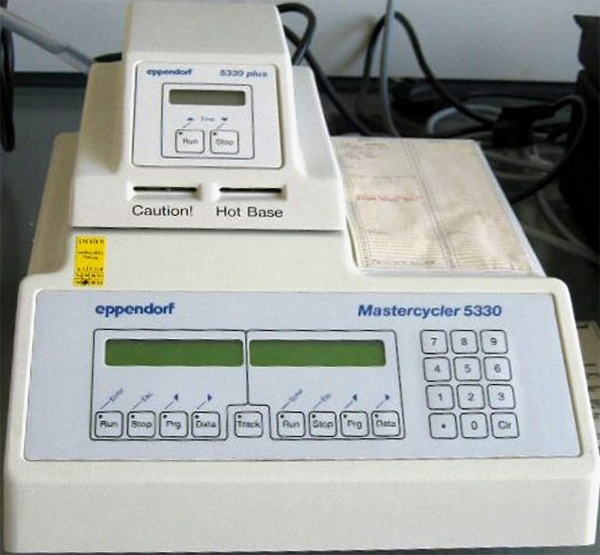
Health & Welfare
PCR testing is a valuable tool for detecting pathogens, when done correctly, but relying on it solely is not consistent with adequate biosecurity.
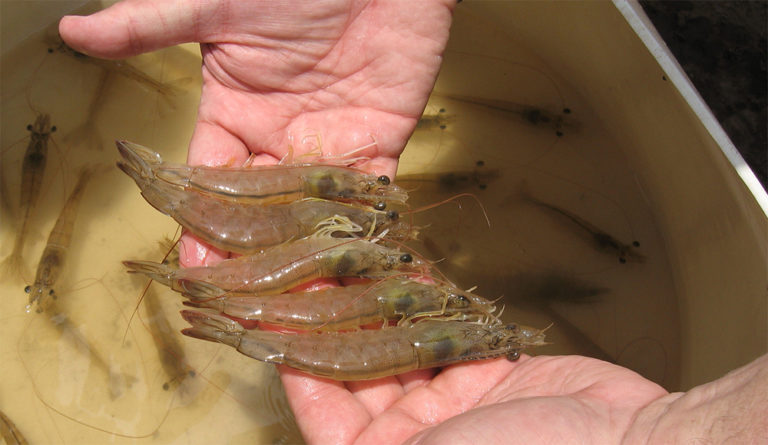
Health & Welfare
A new nested PCR method specific to farmed shrimp pathogen EHP can be used in routine diagnostics and is also useful to detect low-grade EHP infection.
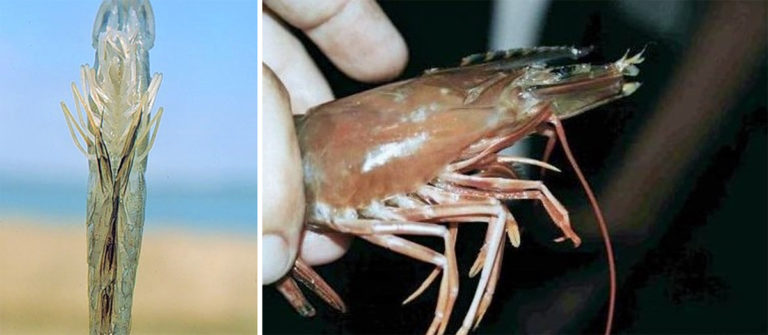
Health & Welfare
Authors describe conventional PCR and real-time PCR assays based on the NHPB flgE gene as alternative methods for the detection and quantification of NHPB in shrimp and shrimp-associated samples, including artemia. This newly described method will be an additional diagnostic tool for confirmation of this pathogen.
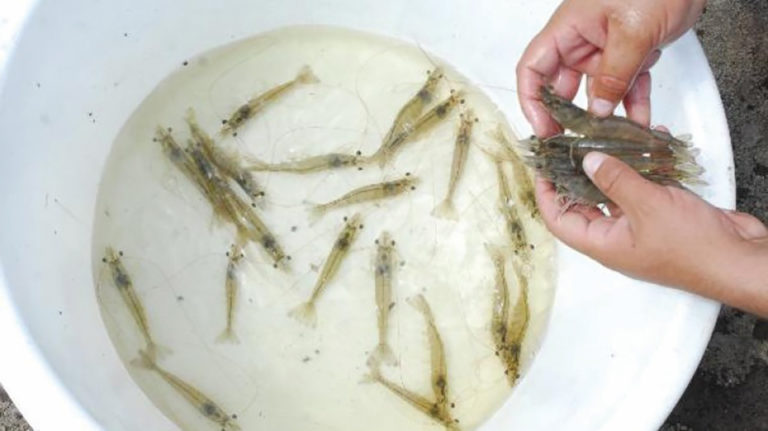
Health & Welfare
Indian shrimp hatcheries have experienced larval mortality in the zoea-2 stage, with molt deterioration and resulting in heavy mortality. Authors investigated the problem holistically.
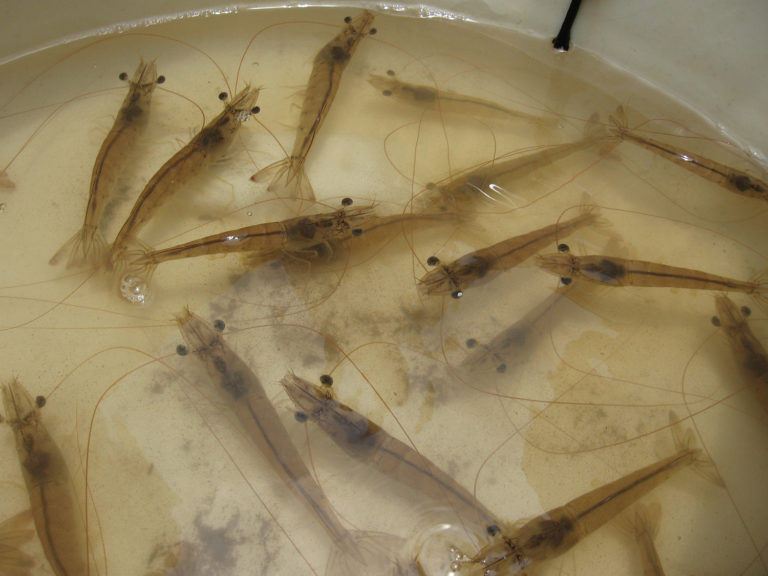
Health & Welfare
Many shrimp producers give only perfunctory attention to routine biosecurity at hatcheries and farms. A cost-effective biosecurity program for farmed shrimp requires reliable diagnostic tools to make timely decisions to control or exclude pathogens.
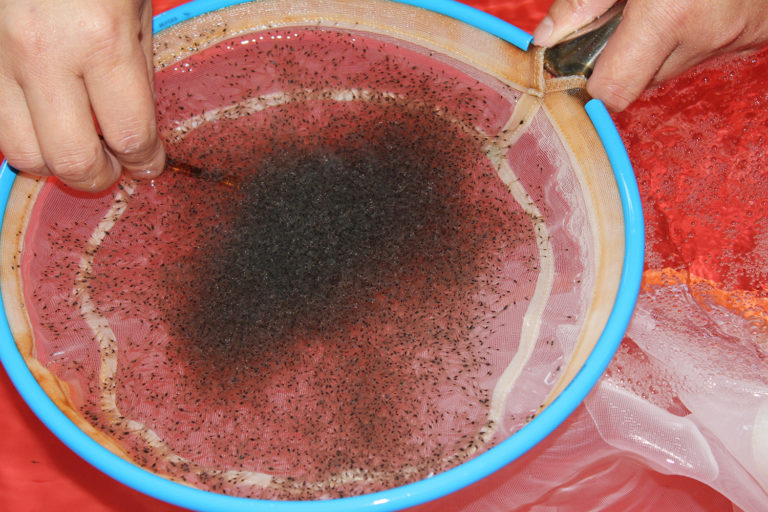
Health & Welfare
Stocking the best quality shrimp postlarvae, healthy and free of pathogens, is a critical management step with significant effects on the production and profitability of a shrimp farm.
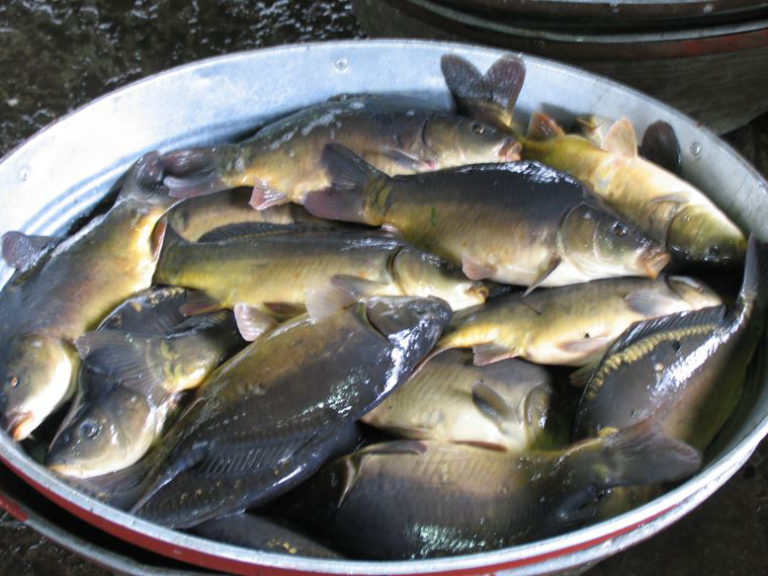
Health & Welfare
DNA barcoding and nucleic acid sequencing technologies are important tools to build and maintain an identification library of aquacultured and other aquatic species that is accessible online for the scientific, commercial and regulatory communities.
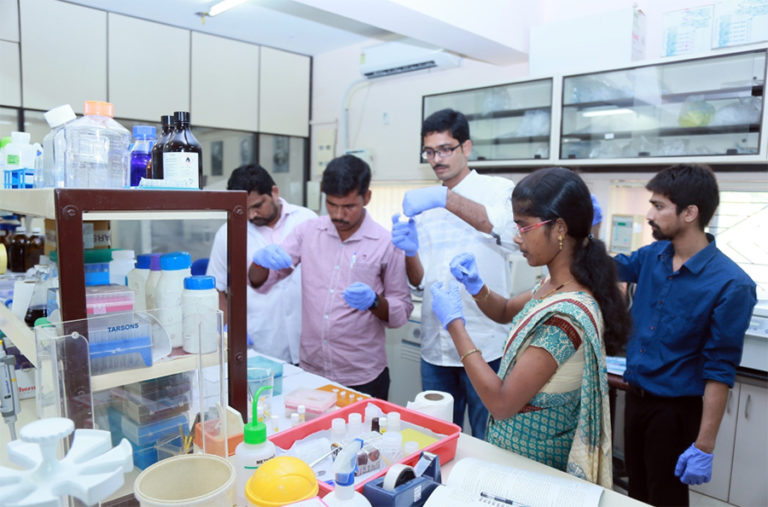
Health & Welfare
Accurate PCR testing of shrimp seedstock assures shrimp farmers that their seedstock is clean of major diseases. Ring tests verify that labs conducting PCR testing are obtaining correct, reliable and reproducible results when testing for specific shrimp diseases.
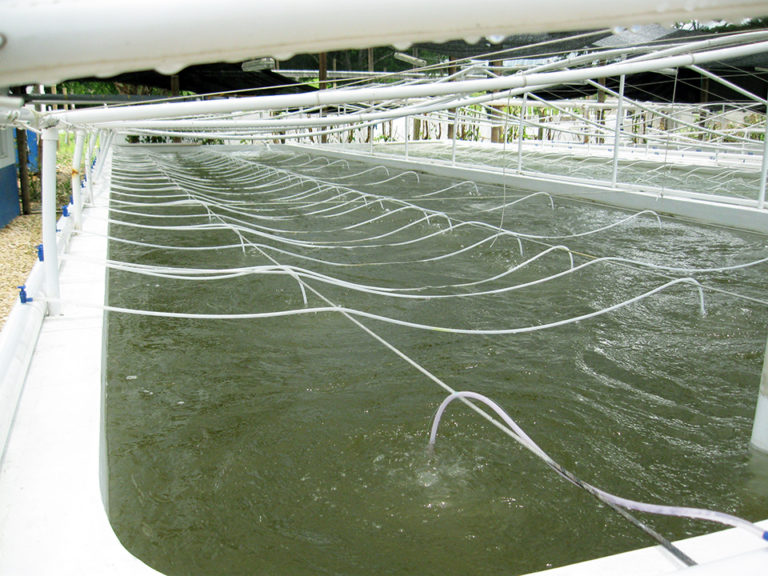
Health & Welfare
Polymerase chain reaction testing is a powerful tool that can detect very low levels of pathogens, but its ability to screen and produce results that represent the population is often oversimplified. Screening of the wrong tissues or too few animals can lead to incorrect conclusions.